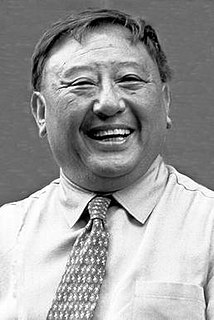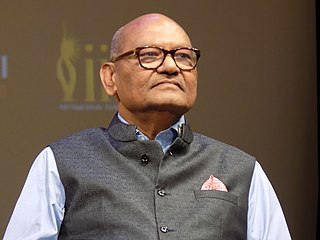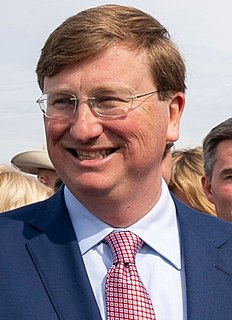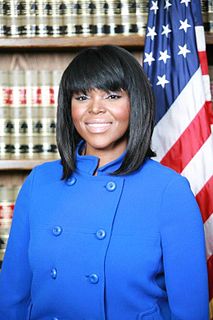A Quote by Evo Morales
Now we are immersed in deep democratic revolutions, for the recovery of our resources, and to transform a resource into a basic human right. And that is spread around the world.
Related Quotes
More fundamental than religion is our basic human spirituality. We have a basic human disposition towards love, kindness and affection, irrespective of whether we have a religious framework or not. When we nurture this most basic human resource - when we set about cultivating those basic inner values which we all appreciate in others, then we start to live spiritually.
Water is ultimately a finite resource. With all finite resources, there is a continuous need for sustainable and equitable management, by capping demand, improving efficiencies in supply and developing substitutes. This exercise is complicated by the sociocultural beliefs, values and affinities around this precious resource.
No matter what part of the world we come from, we are all basically the same human beings. We all seek happiness and try to avoid suffering. We have the same basic human needs and concerns. All of us human beings want freedom and the right to determine our own destiny as individuals and as peoples. That is human nature.
Remember, until the 1970s, the spread of democracy has always been accompanied by the decline of inequality. The more democratic our societies have been, the more equal they have been becoming. Now we have the reverse tendency. The spread of democracy now is very much accompanied by the increase in inequality.
I think basic disease care access and basic access to health care is a human right. If we need a constitutional amendment to put it in the Bill of Rights, then that's what we ought to do. Nobody with a conscience would leave the victim of a shark attack to bleed while we figure out whether or not they could pay for care. That tells us that at some level, health care access is a basic human right. Our system should be aligned so that our policies match our morality. Then within that system where everybody has access, we need to incentivize prevention, both for the patient and the provider.
The incorrect supposition that we live in a world of scarce resources has done more than preclude most individuals from achieving economic success. Over the centuries, this zero-sum-game view of the world has been responsible for wars, revolutions, political strategies, and human suffering of unfathomable proportions.









































